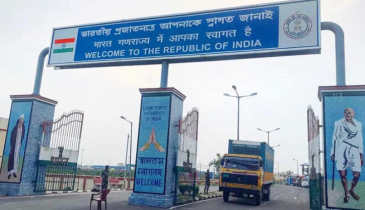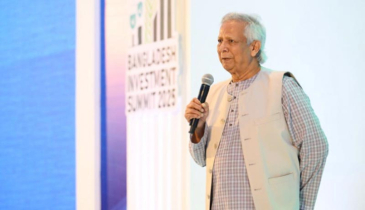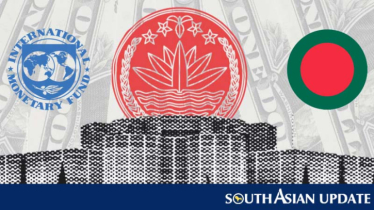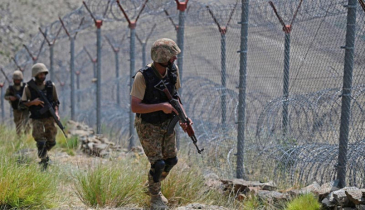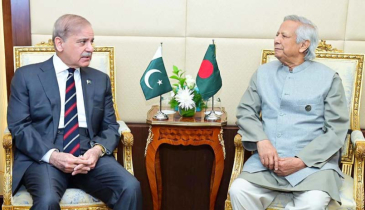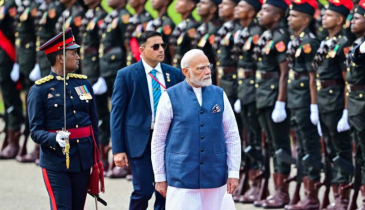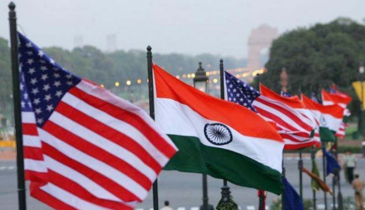Bangladesh urges EU to relax new GSP criteria
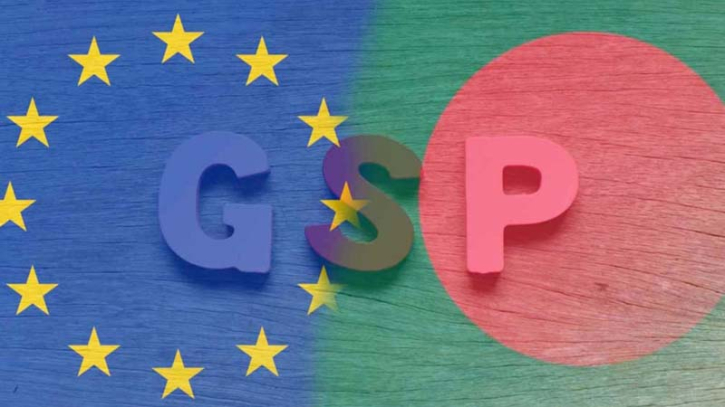
Bangladesh has requested the European Union to consider revising its new (draft) GSP scheme, particularly the safeguard clauses, so that all exportable products including ready-made garments can avail of the trade privileges beyond 2029.
In a joint commission meeting held in Dhaka, where top EU diplomats were present, officials from Bangladesh’s Economic Relations Division (ERD) also appealed for more flexible rules of origin (RoO) criteria. They argued that strict RoO requirements could be challenging for countries with limited capacity, especially those transitioning out of Least Developed Country (LDC) status.
An ERD official at the meeting mentioned that EU representatives expressed openness to considering Bangladesh’s proposals, which included requests related to GSP privileges and climate funding.
As Bangladesh prepares to graduate from LDC status in November 2026, it will still enjoy duty-free access under the current GSP and Everything But Arms (EBA) schemes until 2029, thanks to a three-year transition period granted by the EU.
To maintain trade benefits beyond 2029, Bangladesh would need to qualify for the EU’s new GSP+ scheme, which has more stringent eligibility requirements. This scheme demands higher domestic value addition and adherence to standards on human rights, labor practices, and environmental protection.
ERD Secretary Shahriar Kader Siddiky highlighted that, with the new GSP regime and its safeguard clauses set to be enforced from the end of 2027, the EU might consider waiving these safeguard measures specifically for Bangladesh's textiles and garment exports.
.png)
Advertisement


